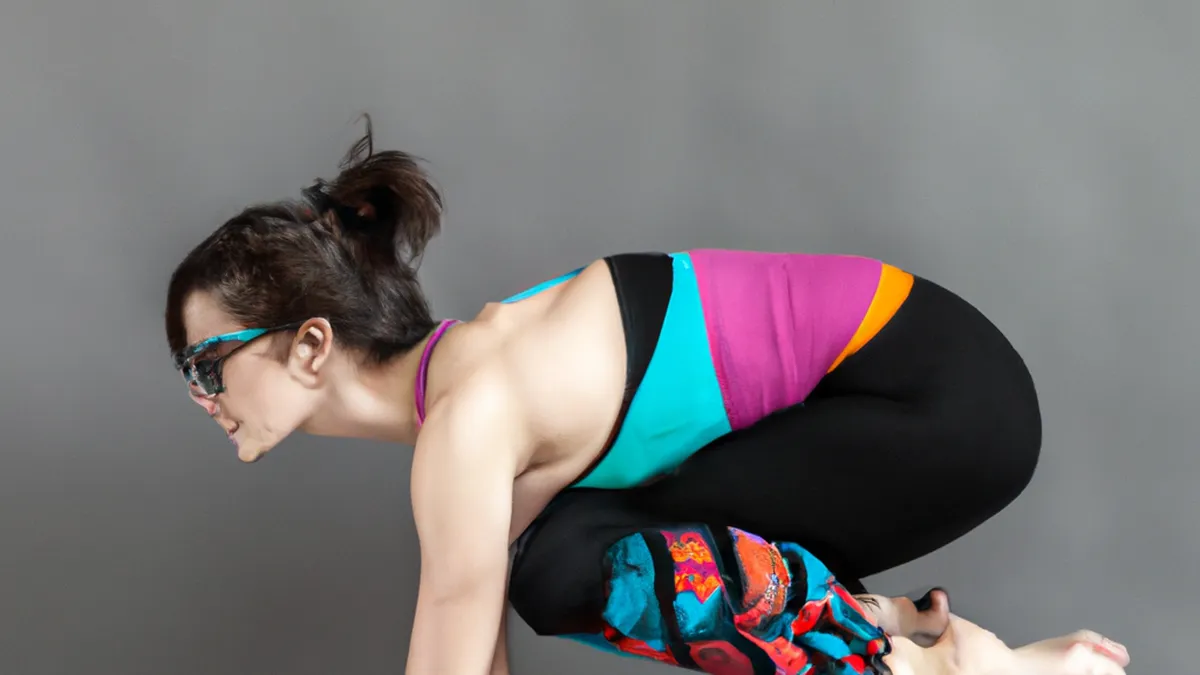Knee Strength: 5 Techniques for Women (Preseason)
Prehab Routines for Knee Stability in Women AthletesKnee injuries frequently affect women athletes. Women’s unique anatomy, including wider hips and muscle distribution, increases their risk of knee injuries like ACL tears and patellar tendinitis. Prehabilitation (prehab) routines can enhance knee stability and lower injury risks. This article discusses effective prehab routines for women athletes, focusing on strengthening exercises and injury prevention.
As an Amazon Associate I earn from qualifying purchases.
Gear tip: consider yoga mat, breathing exerciser, and yoga bolster to support this topic.
Understanding Knee Stability
Knee stability maintains proper alignment and function during physical activities. Muscles, ligaments, and tendons work together to stabilize the knee joint. Strong quadriceps, hamstrings, and hip stabilizers prevent injuries. Women athletes face a higher risk of knee injuries due to hormonal differences and biomechanical variances.
Essential Prehab Exercises
Include specific exercises in a prehab routine to improve knee stability. Here are effective exercises that strengthen knee muscles and enhance joint stability:
1. Single-Leg Balance
Single-leg balance exercises enhance proprioception and knee stability. This exercise trains knee muscles to respond to positional changes. Here’s how to perform it:1. Stand upright and lift one foot off the ground, balancing on the other leg.2. Hold the position for 30 seconds to a minute, maintaining a straight posture.3. Switch legs and repeat.To increase difficulty, close your eyes or use an unstable surface like a balance pad. This exercise engages knee muscles, improving stability and coordination.
2. Clamshells
Clamshells target the gluteus medius, crucial for stabilizing the hips and knees. Here’s how to perform clamshells:1. Lie on your side with your knees bent at a 90-degree angle.2. Keep your feet together and lift your top knee, stabilizing your pelvis.3. Lower the knee back down without moving your pelvis.Aim for three sets of 15 repetitions on each side. Strong hip muscles maintain proper knee alignment during dynamic movements, reducing injury risks.
3. Step-Ups
Step-ups build strength in the quadriceps and hamstrings, essential for knee stability. Here’s how to perform step-ups:1. Find a sturdy step or platform about knee height.2. Step up with one foot, bringing the other foot up.
Conclusion
Incorporating these prehab exercises enhances knee stability and reduces injury risks for women athletes. Prioritizing knee health is essential for optimal performance.
Below are related products based on this post:
FAQ
Why are women athletes at a higher risk for knee injuries?
Women athletes are at a higher risk for knee injuries due to unique anatomical features, such as wider hips and distinct muscle distribution. These factors, along with hormonal differences and biomechanical variances, contribute to an increased likelihood of injuries like ACL tears and patellar tendinitis.
What is prehabilitation (prehab) and how does it help?
Prehabilitation, or prehab, involves specific routines designed to enhance knee stability and prevent injuries. By incorporating strengthening exercises that target key muscle groups, prehab routines can significantly lower the risk of knee injuries in women athletes.
What are some effective prehab exercises for knee stability?
Effective prehab exercises for knee stability include single-leg balance, clamshells, and step-ups. These exercises focus on strengthening the quadriceps, hamstrings, and hip stabilizers, which are essential for maintaining proper knee alignment and function during physical activities.















Post Comment